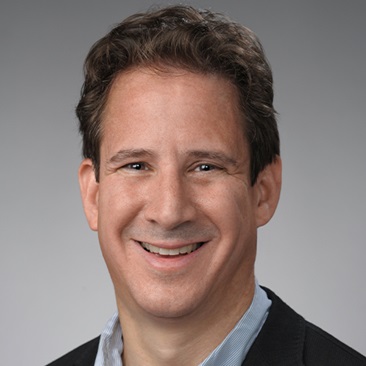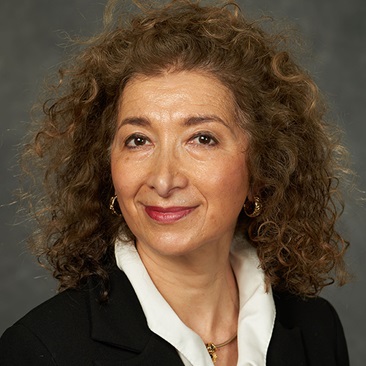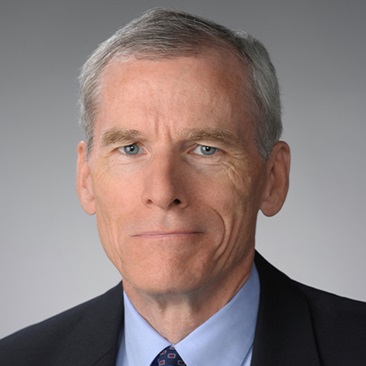Daniel McDowell Testifies Before Congressional Subcommittee, Joins Atlantic Council
August 4, 2023
The Maxwell School associate professor of political science has been sought for the expertise he shared in his recent book, ‘Bucking the Buck.’
Maxwell School faculty member Daniel McDowell recently testified before a U.S. Congressional subcommittee and joined the Atlantic Council as a nonresident senior fellow.
McDowell, associate professor and director of undergraduate studies for political science, testified before the congressional subcommittee on June 7, a few weeks before he began the nonresident senior fellowship for the Atlantic Council’s GeoEconomics Center.
McDowell is author of "Bucking the Buck: US Financial Sanctions and the International Backlash Against the Dollar" (Oxford University Press, 2023). In it, he explores how sanctions have spurred de-dollarization from countries like Russia and China. He establishes a relationship between the heightened use of financial sanctions and the rise of "anti-dollar" policies designed to reduce an economy's reliance on the U.S. currency.
Nels Nordquist, majority staff director for the U.S. House Financial Services Subcommittee on National Security, Illicit Finance and International Financial Institutions, had come across a copy of the book and asked McDowell to testify on the impact of financial sanctions on the use of the dollar around the world.
In his testimony, McDowell unpacked the relationship between the U.S.-imposed financial sanctions to limit foreign use of U.S. dollars and banks and how the response from affected countries, like Russia and China, has contributed to devaluing the dollar when other means are sought to act financially without reliance on the dollar.
He spoke about the threat anti-dollar policies overseas pose to the strength of U.S. currency and concluded his remarks with three suggestions to the committee about how to adjust the U.S.’s approach to financial sanctions. His suggestions included depoliticizing the dollar system by limiting symbolic sanctions, scrutinizing the use of sanctions when up against a rival currency and coordinating financial actions with ally countries in Europe and Asia to bolster the use of the dollar in international relations.
“Most of my concerns about testifying were aided by my colleagues at Maxwell and Syracuse University—they really did a fantastic job preparing me for the hearing,” he says. “Because you cannot fully prepare for the questions that you will be asked, I was still a bit nervous I would get a question from a member that was out of left field or far outside my area of expertise. Thankfully, nothing like that happened.”
McDowell looks forward to his work with the Atlantic Council, where he will contribute to research on international de-dollarization trends.
“Joining the Atlantic Council will push me to continue to write on subjects like financial sanctions, de-dollarization and cross-border payments, though with a more explicit focus on policy than my previous research,” he says. “My work there will also have shorter time-horizons, enabling me to weigh in on world events as they unfold, while also thinking about the bigger strategic picture. In the past, this sort of public-facing work has inspired larger research projects, and so I hope that my work for the GeoEconomics Center will have a similar sort of generative impact on my work here at Maxwell.”
Maxwell School Dean David M. Van Slyke said McDowell’s “ability to communicate the broader policy implications using evidence-based research reflects the impact his work is having on shaping decision making.” He adds, “He is representative of the excellent faculty from which Maxwell earns its reputation.”
By Sophia Moore
Published in the Fall 2023 issue of the Maxwell Perspective
Related News
Media Coverage

Feb 11, 2026
Media Coverage

Feb 9, 2026
School News

Feb 9, 2026

